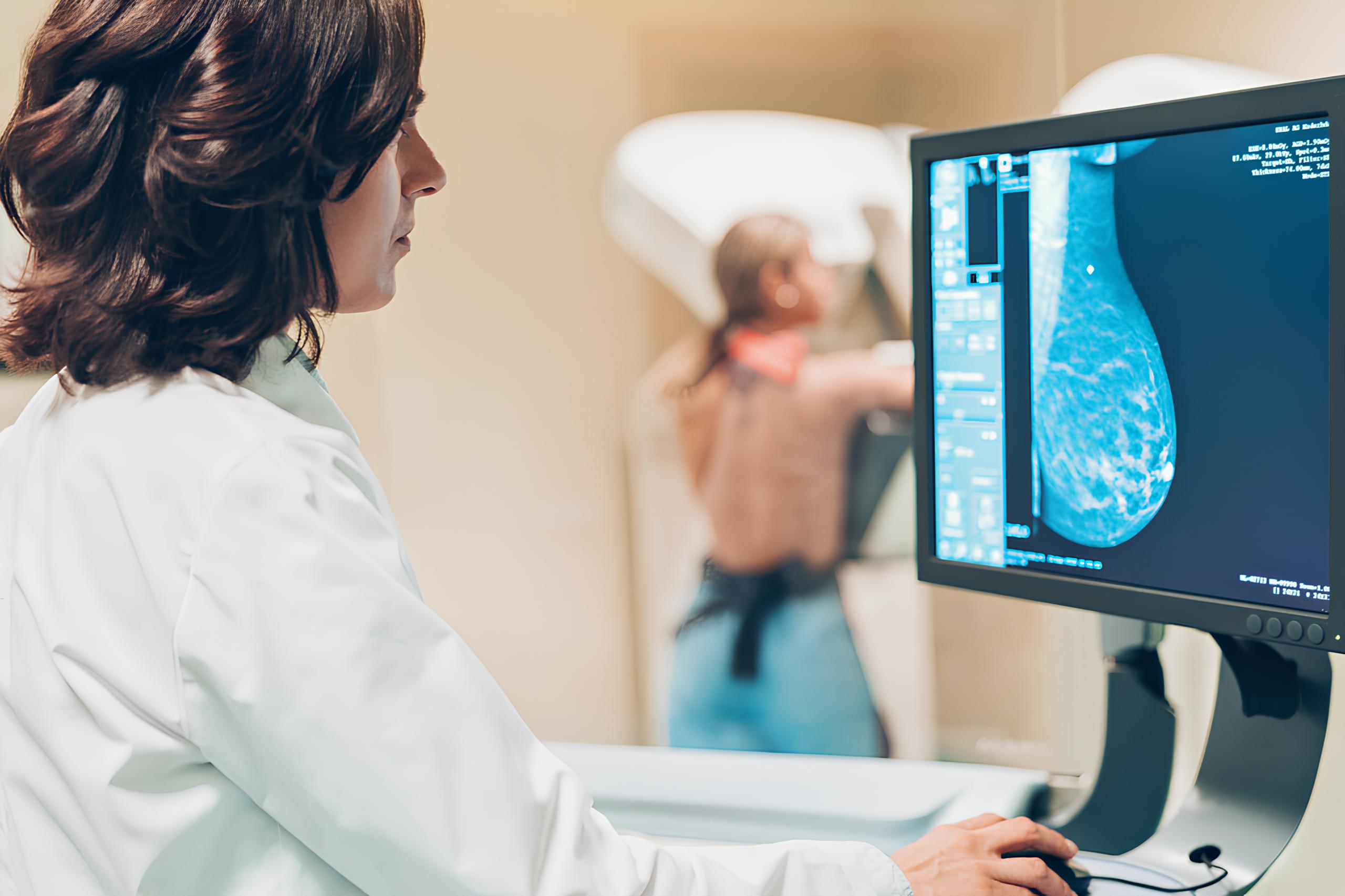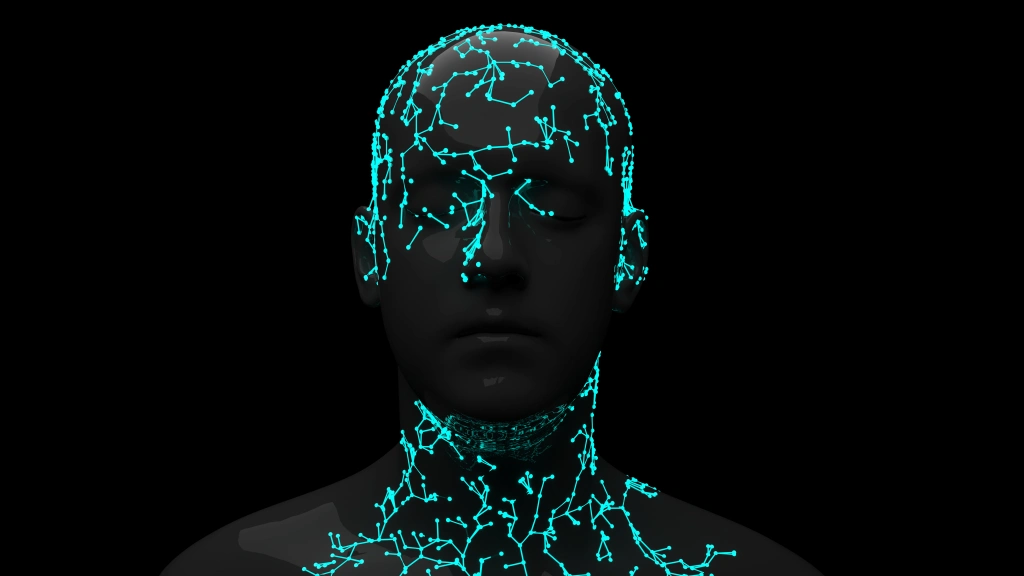Cutting-edge AI technologies race to transform breast cancer investigation
A pioneering new study shows machine intelligence can discover breast malignant tumor in mammograms very good and effectively.
Promulgated in the prestigious medical journal named Lancet Oncology, the expansive randomized testing analyzed over 80,000 women across Sweden. It furnishes the most authoritative real-world evidence comparing AI-assisted mammogram analysis with traditional dual reading by radiographers. Breast cancer impacts over 2.3 million females worldwide annually, underscoring the importance of early detection through screening.
The AI system enabled a dramatic 44% decrease in radiologists' amount of work. Only one was required to verify AI results, versus two for standard double-reading. This significant workload reduction could help address radiologist shortages worldwide.
The authors concluded AI screening appears safe but cautioned more clinical and costly data is required before widespread rollout. Still, it marks a major milestone toward potentially lifesaving AI integration in breast examination programs.
Experts emphasized AI should augment, not replace, radiologists' skills. While AI can handle large volumes of straightforward cases, radiologists remain vital for complex diagnoses and personalized care. AI's greatest contribution may be freeing radiologists to concentrate attention more on knotty tasks, advancing diagnostics and speeding patient treatment.
However, some specialists voiced concerns expanded cancer detection with AI could lead to overdiagnosis of harmless abnormalities. For now, many breast screening initiatives critically require upgrading outdated IT systems. Thoughtfully integrating sophisticated AI tools could simultaneously boost efficiency and patient outcomes if judiciously implemented.
Britain's National Health Service is actively exploring integrating AI to accelerate breast malignant tumor diagnosis, promote earlier detection, and ultimately save more lives. But extensive real-world validation and cost-benefit analysis remain imperative prior to widespread AI adoption.
AI Catalog's chief editor










